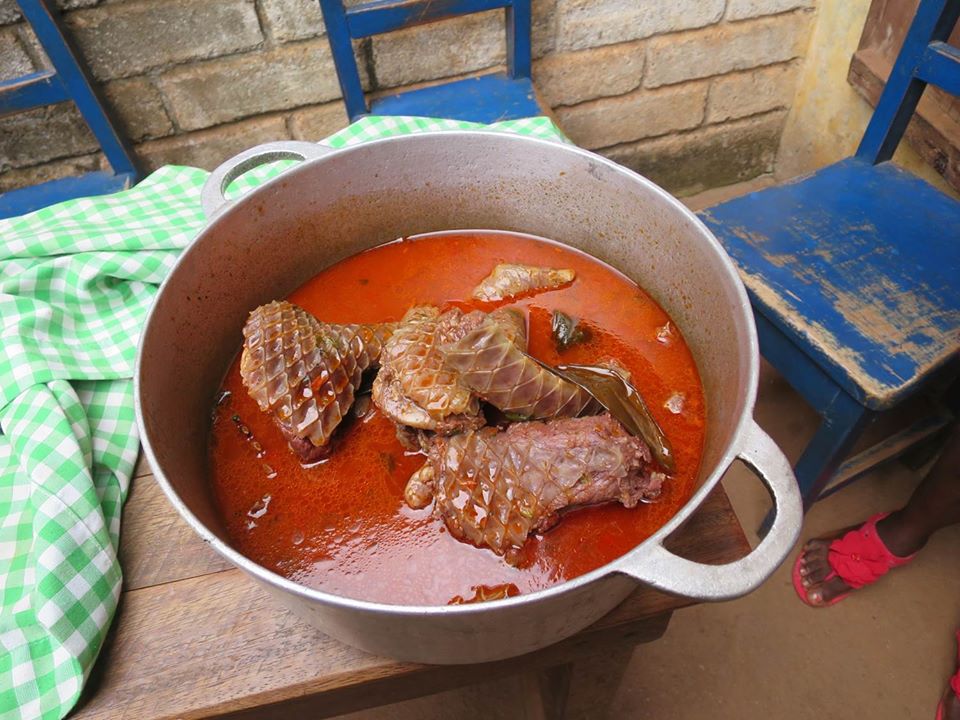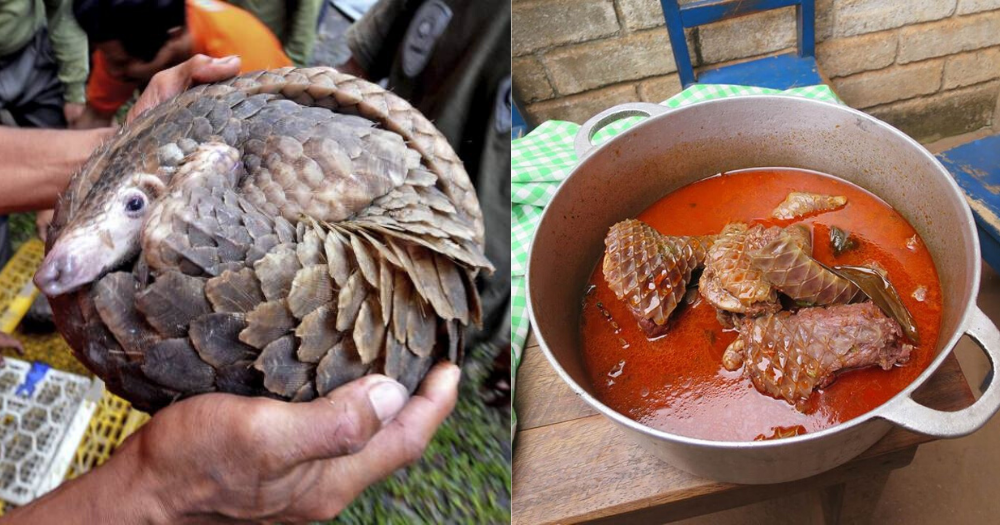Chinese scientists have speculated that bats might be the original host of the coronavirus, which has thus far killed over 600 and infected more than 31,000 in mainland China.
Bats are particularly resistant to viruses, as their bodies limit inflammation, allowing them to survive where other animals typically die, and pass on these viruses to other hosts.
This trait was discovered by a team of researchers from Duke-NUS Medical School in 2019.
The virus was thus believed to have jumped from bats to their predators, snakes, and then humans.
Possible intermediate host
A new revelation by Chinese scientists has revealed that another creature, instead of snakes, might be the missing link between bats and humans.
Researchers at the South China Agricultural University discovered that pangolins are the "most likely" intermediate host for the virus.
The genome sequence of coronavirus in pangolins, the world's most trafficked animal, was found to be 99 per cent similar to those in infected patients, reported Xinhua News.
This was after the research team analysed 1,000 metagenome samples of wild animals, said Liu Yahong, the president of the university.
However, this is not conclusive.
Dirk Pfeiffer, professor of veterinary medicine at Hong Kong’s City University, commented that the study was still a long way from proving that pangolins are a host, reported Reuters.
"You can only draw more definitive conclusions if you compare prevalence (of the coronavirus) between different species based on representative samples, which these almost certainly are not," he said.
Pangolins widely trafficked
Pangolins are widely trafficked, especially in Asia where their scales are sought after in Traditional Chinese Medicine. Their meat is also consumed.
Pangolin meat is also allegedly cooked for soup. In 2017, photos circulating on Weibo allegedly showed the meat of a pangolin, scales and all, submerged in broth.
The original poster subsequently took down the photos after garnering much online backlash.
Below is an example of pangolin soup.
 An example of pangolin soup. Photo by Nancy Gelman / USFWS
An example of pangolin soup. Photo by Nancy Gelman / USFWS
One kilogram of their scales was worth US$470 (S$653.50) in 2014, and all four species in Asia, along with two species from Africa, are classified as endangered.
Poaching is currently the number one threat pangolins face.
Although China has adopted a ban on the commercial trade of pangolins in accordance with Convention on International Trade in Endangered Species of Wild Fauna and Flora (CITES), the black market for pangolin scales still thrives in the country.
In December 2019, 23,000 kg from an estimated 50,000 pangolins were seized by Chinese customs after a year-long investigation.
Top photo from Mingalapar / FB
If you like what you read, follow us on Facebook, Instagram, Twitter and Telegram to get the latest updates.
